Renault's Dacia brand has shown through its success that consumers are willing to give up some creature comforts for solid, basic transportation. Soon, Nissan will follow a similar path with the launch of its Datsunbrand in emerging markets. We've heard rumblings Volkswagen Group might follow the trend and go back to its roots with a second people's car, and the vehicle might be closer than ever.
Reuters says that VW Group's executive board is due to sign off on its entry-level car as soon as this week, and the company's supervisory board will lend its support by the summer. A VW spokesperson revealed that the new model was in development behind closed doors, despite the final production order not yet given. The vehicle is slated to cost 6,000-8,000 euros ($8,261-$11,015) and be built and sold in China starting in 2016. That brings the starting price about 4,000 euros ($5,500) below the already basic Up! (pictured above).
The key to this entry-level market is creating purpose-built cars for the needs of users, according to industry analyst Dave Sullivan of AutoPacific. "As we saw from the Tata Nano, taking everything out and making it super low cost won't get people to buy it," he told to Autoblog. The little Indian car was touted for its low cost but hasn't lived up to sales forecasts. According to an earlier report, Volkswagen was having trouble meeting its desired quality and safety standards for the budget vehicle, while maintaining profitability, which obviously compromises user need.
"There is actually a huge demand for affordable and reliable transportation," said Sullivan. He believes VW may face a challenge because by the time the new model is ready, it will face competition from Datsun and Chinese brands expanding into emerging markets. While VeeDub regularly dukes it out with General Motorsover the title of the largest automaker in China, in the rest of Asia and India, the company has a relatively small market share, according to Reuters. The cheaper entry could give the brand a foothold there and help propel the Group to its goal of being the world's largest automaker by 2018.






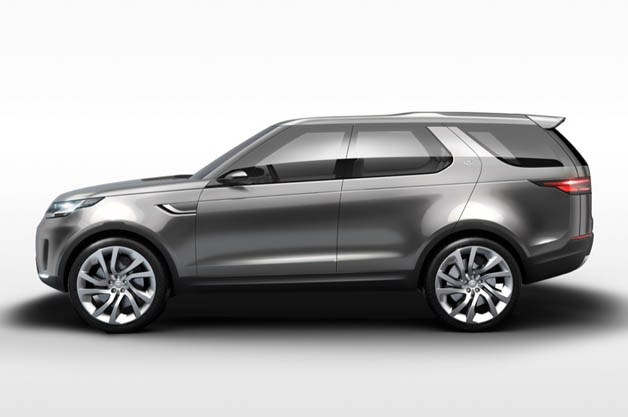

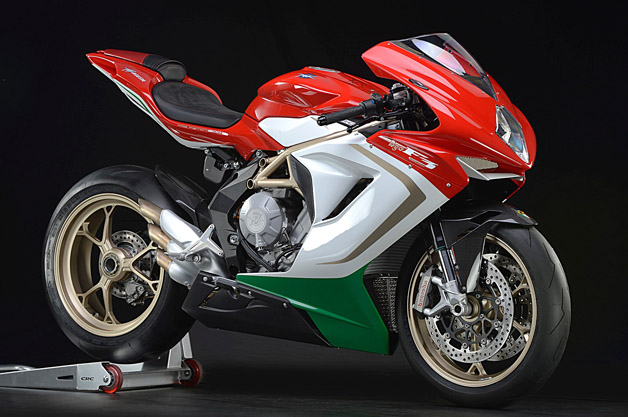



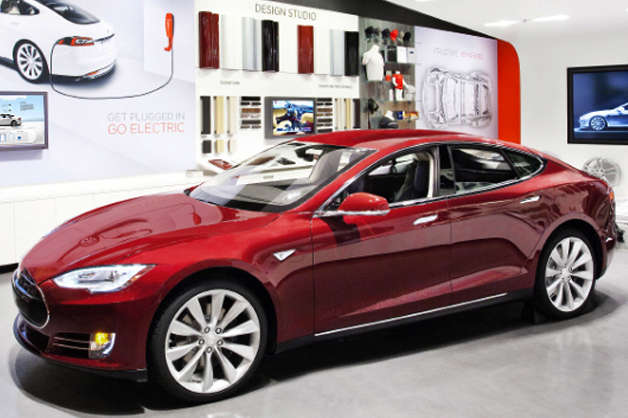
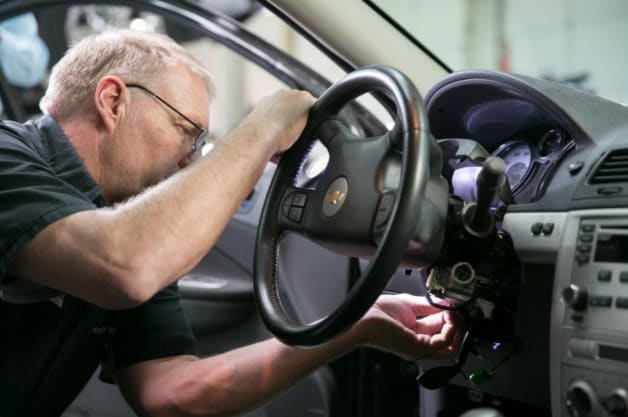
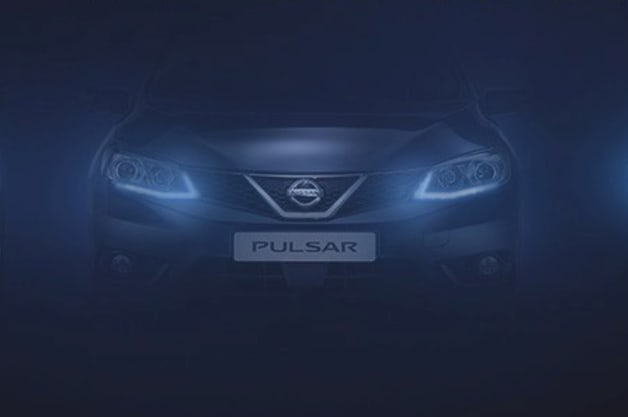
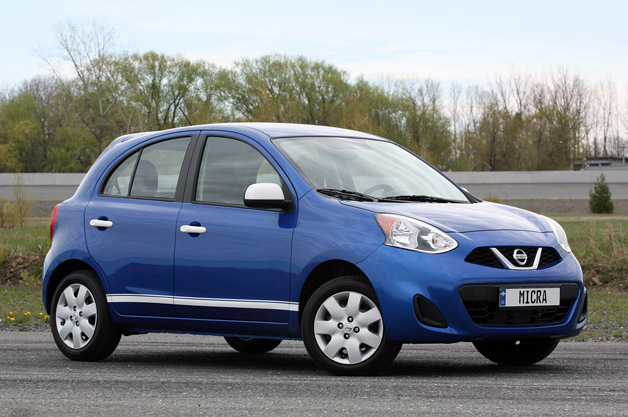
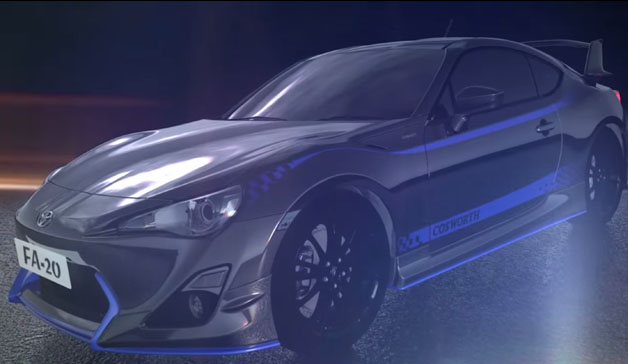

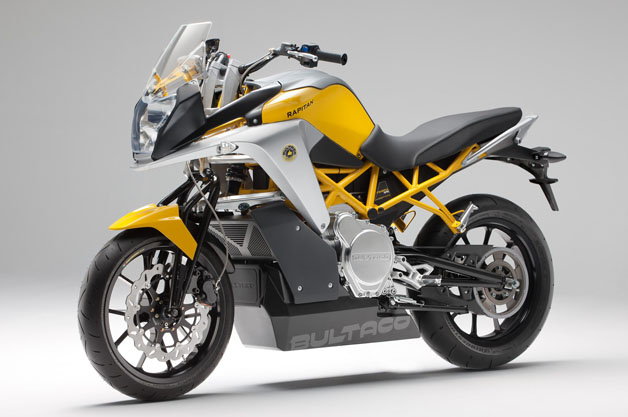

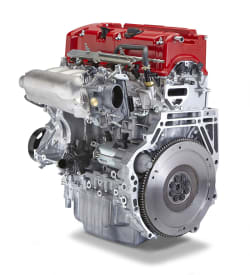
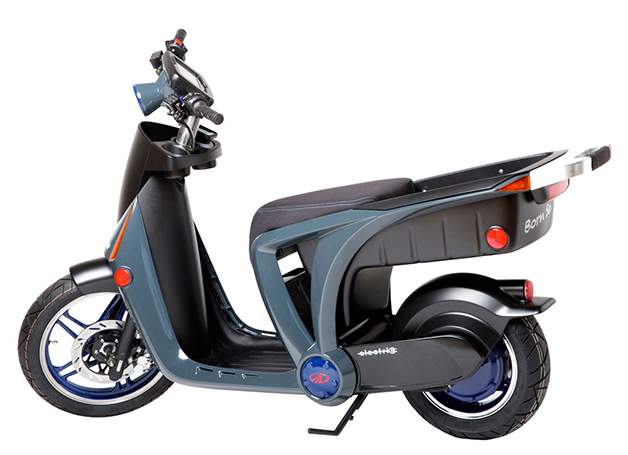













0 nhận xét:
Post a Comment